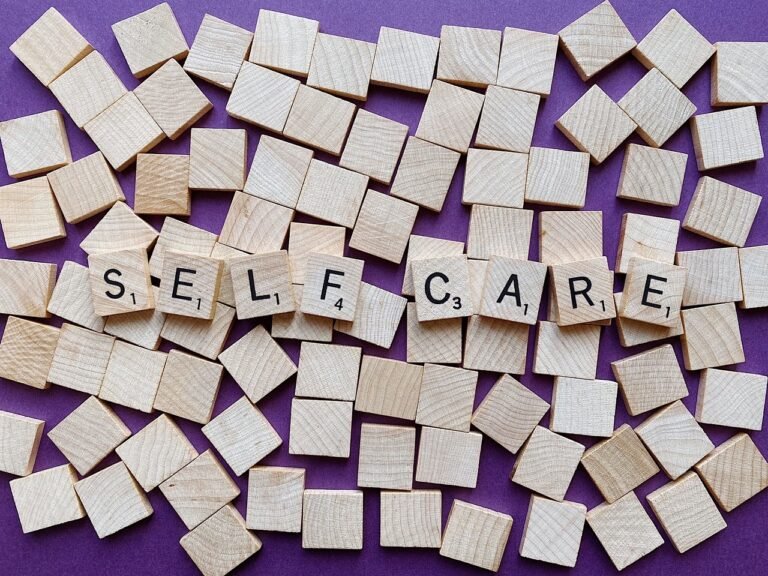How to Keep Patronizing Speech from Damaging Your Relationships

Have you ever heard someone talk to an older adult like they were a child? Maybe they said things like, “Are we ready for our nap?” Or they used names like “sweetie” or “dear.” This way of speaking is called elderspeak. It’s common, especially among caregivers and family members.
People often use it to sound kind or helpful. But what’s been your experience with it? Does it help or can it hurt?
In this post, we’ll explore what elderspeak is, why people use it and how it can affect older adults. We’ll also look at better ways to talk that show respect and care.
Understanding Elderspeak: What It Is and Why It Happens
Elderspeak is a special way of speaking that people use with older adults. It often sounds like baby talk. It can include:
- A singsong or high-pitched voice
- Calling someone “sweetie,” “honey,” or “dear”
- Talking very slowly or repeating things too much
- Using “we” instead of “you,” such as in “Are we ready for our bath?”
According to the National Institutes of Health, or NIH, elderspeak is “an inappropriate simplified speech register that sounds like baby talk.” It’s often used by caregivers in health care and home care settings.
Why do caregivers use elderspeak?
Most caregivers don’t mean it to be rude or hurtful. In fact, they often use elderspeak because they’re trying to be kind. It feels natural to speak gently to someone who seems weak or confused. But this way of speaking is based on age stereotypes.
Experts call this the Communication Predicament of Aging. It means that younger people may assume older adults are less able to understand. So, they change the way they speak. This can happen without even realizing it. Sometimes, caregivers want to show warmth. Other times, they want to stay in control.
Either way, the result is the same: they’re not treating the older adult as an equal.
It’s important to think about how our words affect others. Even when our hearts are in the right place, elderspeak can make older adults feel small or unimportant.
How Elderspeak Hurts Older Adults
Diminishing Dignity and Self-Worth
Even if it’s meant to be kind, elderspeak often feels insulting to older adults. Being called names like “cutie” or “sweetie” might sound nice at first, but over time, it can feel demeaning. It treats grown adults like children. This can hurt their self-respect and make them feel invisible or unimportant.
Many older adults say that elderspeak makes them feel talked down to. It reminds them that others see them as weak or confused, even if that’s not true. Hearing this kind of speech often can make them feel sad, frustrated or even ashamed of aging.
Respectful speech helps people feel valued. Using adult language tells someone, “I see you, and I respect who you are.” That’s something every person deserves, no matter how old they are.
Increased Resistiveness and Health Consequences
Studies show elderspeak can lead to serious problems in care settings. One study found that elderspeak doubled the chances of resistiveness in dementia patients. This means patients were more likely to say “no,” get upset, or even become aggressive when caregivers spoke to them like children.
Why does this happen? Because people want to feel in control of their lives. When someone else’s speech takes that control away, it can cause stress and confusion. This can often lead to arguments, delays in care or even missed medications.
Elderspeak can also break down trust between a caregiver and an older adult. Once that trust is gone, it becomes much harder for them to work together. Over time, this can lead to worse health and lower quality of life.
Join the conversation.
How would you feel if someone talked to you like you were a child? Would you feel respected — or frustrated? Let us know in the comments.
Communication Alternatives: How Caregivers Can Build Respect
Person-Centered Communication Practices
One of the best ways to avoid elderspeak is by focusing on person-centered care. This means treating each older adult as a unique person, not just someone who needs help. Ask them how they want to be spoken to. Listen to their preferences. Respect their history, choices and personality.
Also, use clear speech. This is not the same as elderspeak. Clear speech helps people understand better, without sounding childish or fake. Speak clearly and calmly, but use adult words and tone. Pause if needed, and let the other person respond at their own pace.
This kind of respectful communication builds trust. It shows that you care, not just about their health, but about who they are as a person.
Practical Strategies to Eliminate Elderspeak
Here are some simple steps family caregivers can take to stop using elderspeak:
- Watch your words: Avoid using pet names unless the person has asked you to.
- Stay aware of your tone: Speak in a natural, respectful voice — not too slow or too high-pitched.
- Use “you,” not “we”: Say “Are you ready for your walk?” instead of “Are we ready for our walk?”
- Get training: Join programs that teach good communication skills for caregivers.
Even small changes can make a big difference. When older adults feel respected, they’re more likely to engage, trust and cooperate with caregivers. That’s good for everyone.
Learn more about how to avoid using elderspeak.
The Bottom Line on Elderspeak
Elderspeak might sound sweet or helpful, but it often does more harm than good. It can make older adults feel disrespected, sad or even angry. It may lead to trust issues, health problems or resistance to care. This is especially true for those with dementia.
The good news? We can do better. By choosing respectful language and listening closely to each person’s needs, caregivers can build stronger and more caring relationships. Respectful speech is powerful. It honors a person’s dignity and life experience.
If use of elderspeak has left you feeling a little guilty, read what you can do about it.
We want to hear from you.
Have you used or heard elderspeak before? Did it feel caring or condescending? Share your thoughts, stories or tips in the comments.
Elderspeak FAQ
What is elderspeak?
Elderspeak is a way of talking to older adults that sounds like baby talk. It includes using pet names, speaking very slowly or using a high-pitched voice.
Is elderspeak always harmful?
Even when it’s meant to be kind, elderspeak can feel disrespectful. It often makes older adults feel like they are being treated as children, which can hurt their dignity.
Why do caregivers use elderspeak?
Caregivers often use elderspeak without meaning harm. It may come from a desire to be warm or gentle. But it’s usually based on age-related stereotypes.
What’s the difference between elderspeak and clear speech?
Clear speech helps people understand better without being condescending. It uses regular adult language, spoken clearly and calmly without pet names or baby talk.
How can I stop using elderspeak?
Use respectful words, speak at a normal pace and avoid using “we” when you mean “you.” Training programs and awareness can also help you improve your communication.
Let’s talk about elderspeak.
Have you used or heard elderspeak before? Did it feel caring or condescending? Share your thoughts, stories or tips in the comments.






